Time keeps passing whether we’d like it to or not, and in the process, it brings about many changes in society and culture. Very often, the things that we grew up with stop being in fashion or popular and slowly get phased out.
This is a natural process of life, but it can be very surprising to suddenly come to that realization. The folks in this list share all those things that seem to have disappeared from everyday life within the last decade, and some of the examples are shocking.
More info: Reddit

#1

In the least sarcastic sense possible, critical thinking and self-reflection. It’s really a struggle to engage with people these days who aren’t capable of putting their bias and personal beliefs aside to think big picture or critically about any issue. People just jump straight to personal insults, fallacies, and needing to feed their ego.
#2

Small independent hardware stores. They used to be a small town staple, especially in the midwest. Almost every one used to be “The oldest business in town” having been open since like 1895.
Now, they’re all mostly gone and your only alternative is a big-box hardware store or ordering on Amazon. It’s incredibly depressing.
#3

Late to the party but, colour. Literally just colour. There’s less of it now.
People in older generations used landlines, had physical photo albums, read newspapers, and listened to music on the radio. All those things have changed over the decades and been replaced by modern options or technology. This can feel overwhelming, especially if you’ve seen the changes all take place yourself.
Every new generation brings with it different standards, cultural ideas, and norms. This impacts peoples’ everyday lives in small and big ways. People in older generations might struggle at first to accept these changing patterns, but leaning into it is often the best way to go. That way you learn new things, and also have fun doing it.
#4

The ability to read and comprehend something longer than a paragraph.
#5

Bugs.
#6

A real live person answering a business telephone. And if you don’t believe me, press five to repeat this message.
People seem to be using the Internet and technology a lot more than they used to before. Modern tech has helped make things incredibly convenient for people, which is why there are fewer physical shops, reduced socialization, and the creation of many new types of jobs.
To understand more about these societal and cultural shifts, We reached out to Dr. Corey Seemiller (PhD). She is a professor in the Department of Leadership Studies in Education and Organizations at Wright State University.
With more than a quarter million views, her TED Talk on Generation Z showcased how Generation Z plans to make a difference in the world. We asked her what previously popular things seemed to have changed or disappeared slowly without folks noticing.
She said things like “the price of a Starbucks coffee has increased, subscription streaming channels (like Netflix and Hulu) have turned into defacto cable, packaged food has gotten smaller (the packaging hasn’t; just the food inside is less), and high schoolers being able to leave school grounds for lunch.”
#7

Ownership. You pay a subscription. You can’t fix what you own because its proprietary. You can’t buy outright. Our ownership of things has become a rental service, where they can break or completely remove what we purchased, without consent, at any time. Because it was in the terms of service.
#8
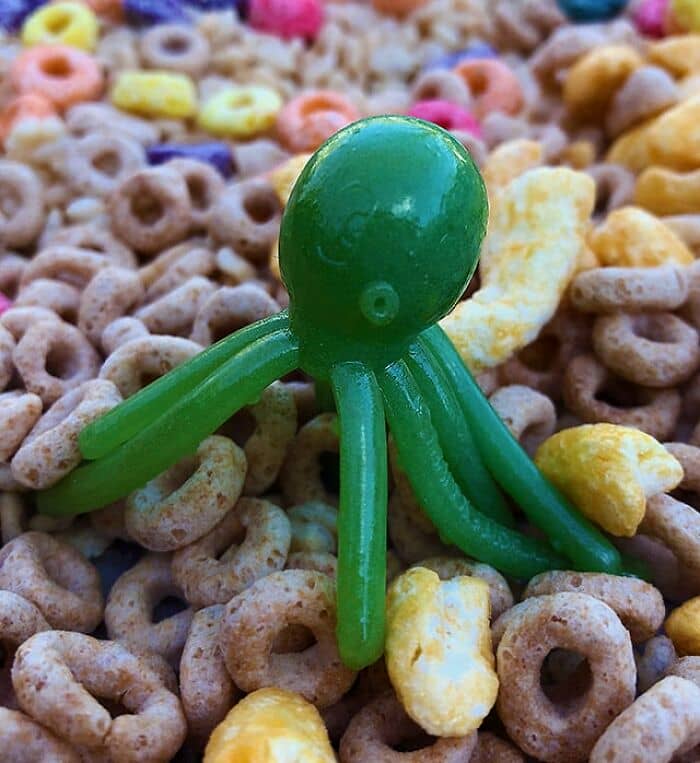
Toys in cereal boxes.
#9
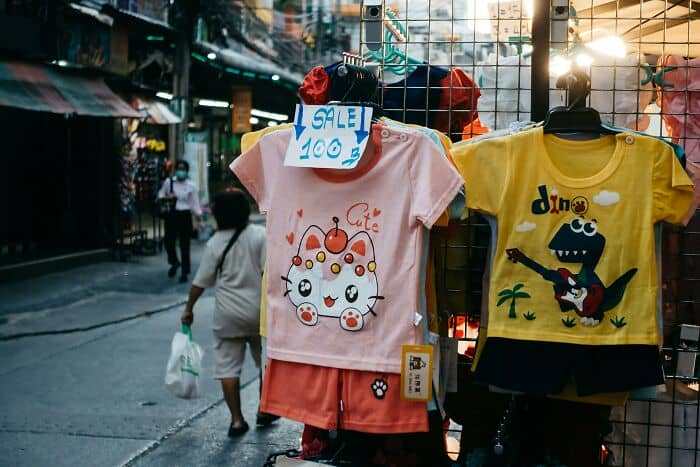
Quality clothing and furniture.
Everything is plywood and polyester, even at the “better” stores. (Edit: I meant MDF and other particular boards).
Cultural shifts often happen so slowly that people don’t tend to notice them, and they reshape the way we see the world around us. To get a glimpse into some of the things that disappeared or changed over the last few decades, we also reached out to Ashley Fell of McCrindle.
She said that “some key changes include the rise of the ‘always-on’ lifestyle. The expectation of instant responses, real-time updates, and 24/7 availability has become the norm, blurring the boundaries between work and personal life.” Another is “the decline of unstructured play. Childhood has become more structured, with scheduled activities replacing spontaneous outdoor play.”
She also mentioned “the transition from ownership to access. Whether it’s music, transport, or even housing, we’ve moved from a mindset of owning assets to subscribing, sharing, and leasing. We now rely on technology to store information rather than committing it to memory, changing how we recall facts, directions, and even personal milestones.”
#10
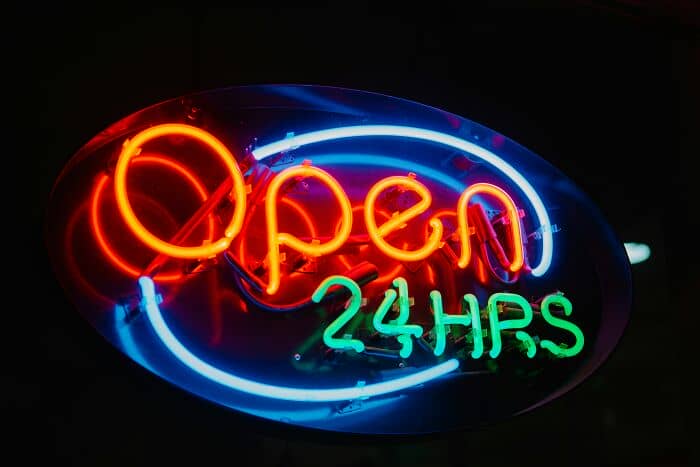
24-hour businesses. Covid [ended] them and it seems a lot of them aren’t coming back.
#11
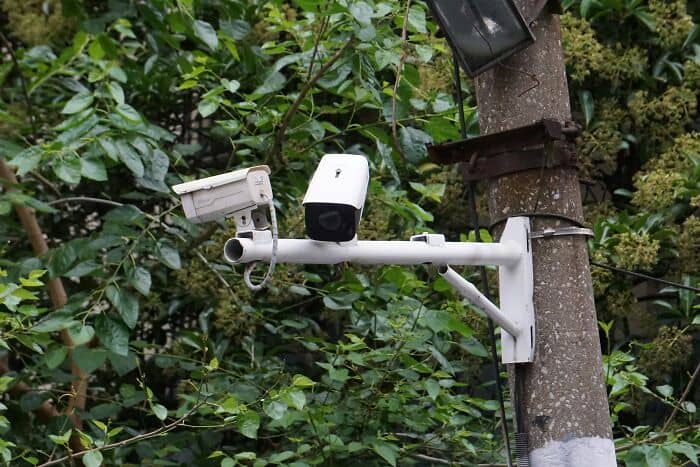
Privacy.
#12
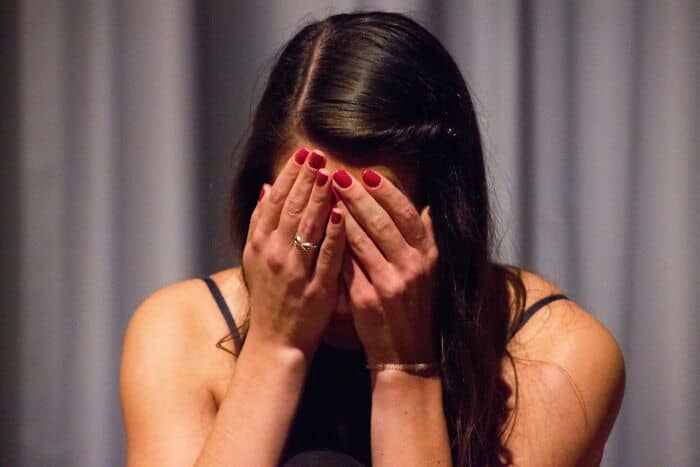
Shame.
Some of the things mentioned on this list, like good quality furniture or online spaces for children, are important things that many people don’t want to see go. It’s hard to accept that these kinds of cultural shifts can happen even if they are still wanted by folks in society.
Dr. Corey explained that “even if the consumer likes something, if it doesn’t make enough money for the provider, companies will discontinue a product or service, or cut corners on quality to increase revenue (smaller packaging, less sturdy materials).”
“Society is more litigious, so terms to sign are longer, and everything needs some type of signature not to sue, or if they are deemed too litigious, they are simply discontinued. There has been a corporate takeover of shopping, consolidating product sales into a few pipelines (even small businesses doing transactions on Amazon are bound by Amazon’s sales goals and payouts),” she added.
#13

Ability to read a physical map.
#14

People reading actual books in parks and public transport. It’s a joy to see someone on the train with a book in their hands. I always smile and take a squiz at what they’re reading and do a little squee if it’s something I’ve read.
Edit 1: not saying people are illiterate. Just noticing the move from physical books to devices/audiobooks.
Edit 2: im Australian – “squiz” = look (give us a squiz = let me have a look).
#15
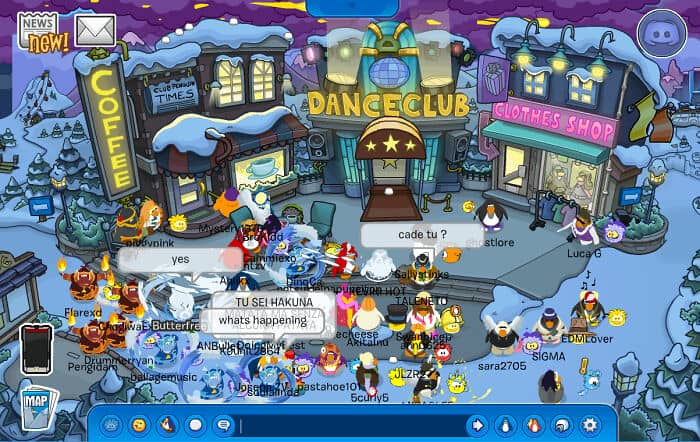
Online spaces for kids.
When I was a child, we had several online places MADE for children. Every single children’s TV channel had a website with games for kids, there were several online games geared towards children (like Club Penguin), etcetera.
Now if you’re a 10 year old, you either rot your brain with s****y youtube videos or you rot your brain with social media.
Trends come and go, but there are certain cultural things that folks wish wouldn’t just change over time. That’s why we asked why some stuff disappears from culture over time even if it’s useful.
Ashley mentioned that “as new innovations emerge, older solutions often become redundant. For example, ‘online spaces for kids’ were replaced by broader social platforms, even though a dedicated, safer environment might still be valuable. Local shops have declined as large retailers and e-commerce giants offer convenience and competitive pricing.”
“The value we place on things evolves. Privacy, once a given, has been deprioritized in favor of convenience, personalization, and hyper-connectivity. As new generations shape culture, they bring different preferences. What one generation values may not carry forward, leading to the gradual decline of traditions, habits, and even entire industries,” she added.
#16
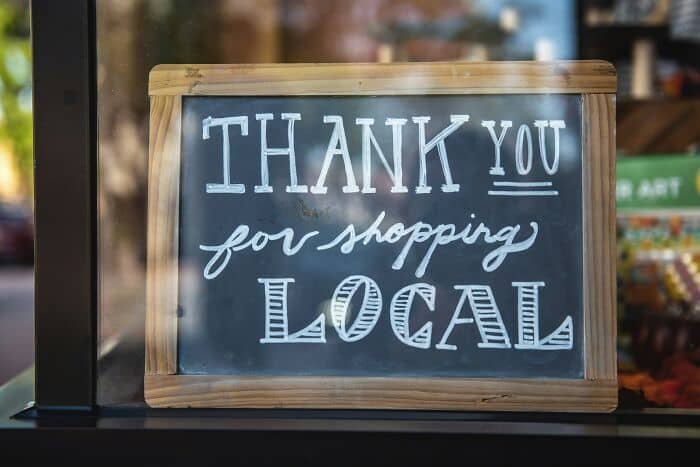
Local Shops : Neighborhood stores are dwindling as big-box retailers and the convenience on online shopping take over the market.
#17

Childhood.
As a parent I feel fighting an uphill battle by keeping ours screen free: kids need to be taught how to play, how to interact with other humans, they don’t even go out to play with friends anymore, it’s all online. .
#18

Coins on the sidewalk.
Since every generation brings with it some kind of changes, it’s important for us to get on board with the idea as fast as possible. Whether the differences in society are positive or negative, if we continue to gripe over them, it might only lead to us feeling stressed and nostalgic for the past.
The best thing to do when faced with big changes in life, society, or culture is to appreciate the things you still find familiar. Connecting with people who feel the same way as you can also make a big difference, as you can share your experiences and vent about the things that have changed or disappeared.
#19
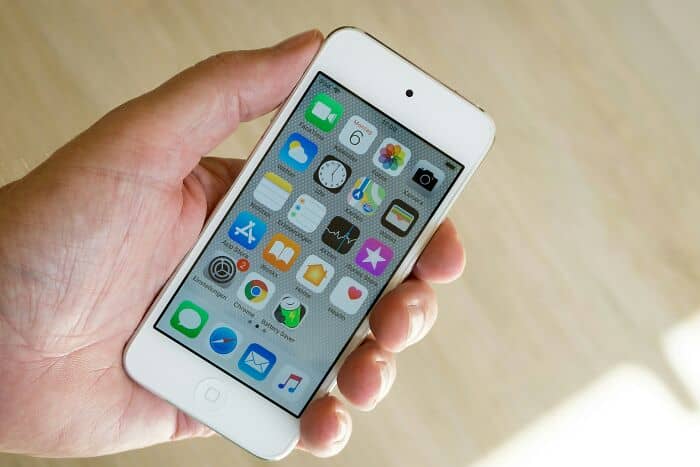
Small phones. Remember the pre-smartphone era when manufacturers raced to make phones smaller and smaller. Then the iPhone was launched and everyone thought it was too big at the time but now even that looks tiny.
Now even cheap smartphones are huge, like mini tablets and barely fit into pockets.
#20

My hair.
#21

There have been tons of grammatical shifts as texting has become prioritized; nobody uses semicolons anymore. .
Life will keep on evolving, and we must either evolve with it or get stuck in the past. As you can see from the examples shared by most of the folks on this list, they seem to have accepted that each generation brings its own positives and challenges, and that’s okay.
We would love to hear your examples of what has disappeared from society in the last decade. Please share your ideas in the comments below.
#22

Mid-career jobs. “The Great Flattening.”.
#23
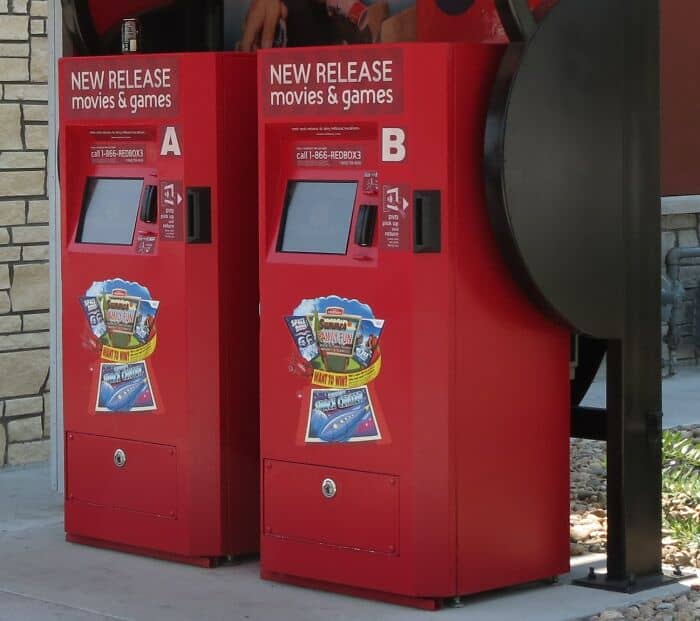
Probably Redbox. They used to be all over the place. I don’t think they even exist at this point.
#24

First hand knowledge of the Roaring Twenties, and Great Depression.
#25

There are no DVD departments in stores anymore, which feels strange.
#26

Isn’t it weird ten years ago means 2015 and not 2010 or 2005.
#27

Skype.
#28
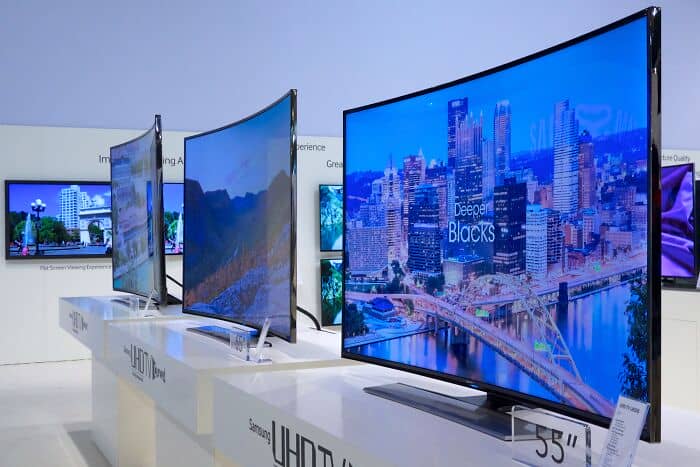
3D and Curved TVs.
#29

Physical checks as payment. I see less and less of those in my business. Cash was on it’s way out as well, but we have seen an increase in that.
#30

Ringtone, everyone now keeps their phones on silent.